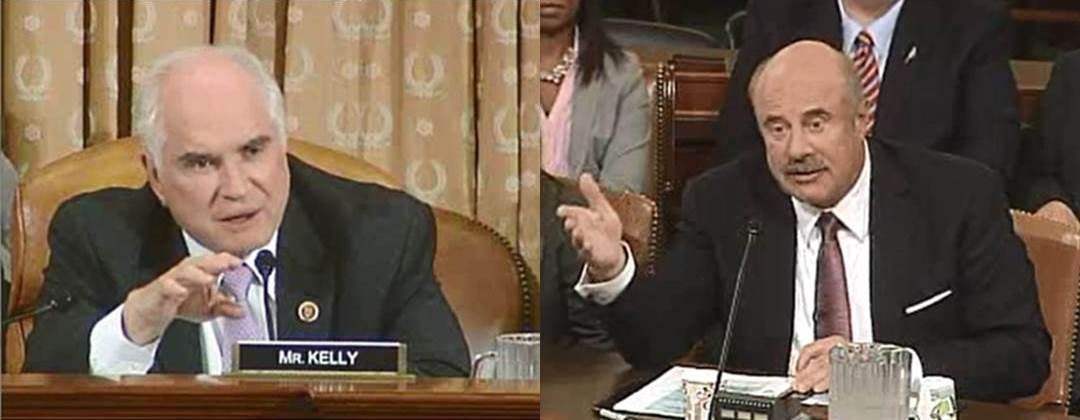The connection between foster care and the U.S. prison system has long been a point of contention and debate. New research reveals an alarming truth: nearly one in five individuals in prison were once in foster care. This statistic is not merely a reflection of the system’s failures but points to a systemic issue that demands urgent attention. The latest findings from Michigan indicate that foster care placement can significantly reduce the likelihood of adult arrests and incarceration, contradicting the narrative that has long plagued foster youth.
Foster Care Placement Lowers Crime Rates
According to a study leveraging administrative data from Michigan, foster care placement substantially decreases the chances of adult arrests and convictions. This research highlights that when children are placed in foster care, they are not just removed from potentially harmful environments but are also given a fighting chance to escape the cycle of crime that ensnares so many former foster youth. The implications of this finding are profound, suggesting that foster care, when executed correctly, can serve as a protective factor against future criminal justice contact.
Positive Changes in Birth Parents
Interestingly, the study also found that birth parents often made significant positive changes following their child"s placement in foster care. This suggests that the act of removing a child from a harmful home environment can catalyze necessary transformations within families. The research indicates that many children reunified with their parents after one to two years in foster care, and those parents exhibited lower instances of criminal justice contact post-placement. This challenges the prevailing narrative that foster care invariably leads to adverse outcomes for children.
\n\n
June 17, 2021 coronavirus news | CNN
Understanding the Foster Care-to-Prison Pipeline
The relationship between foster care and crime is often framed within the context of the foster care-to-prison pipeline. While a significant percentage of the prison population comprises former foster children, the new evidence suggests that the pipeline can be disrupted. The findings reinforce the need for a reevaluation of how foster care systems operate and emphasize that improving the well-being of children in the home environment is crucial. As reported by PMC, this shift could lead to a reduction in foster care caseloads and, potentially, a decrease in crime rates.
Racial Disparities Persist
Despite the promising outcomes associated with foster care placement, racial disparities in incarceration rates remain a pressing concern. According to PubMed, the association between foster care exit types and risk of state prison entry reveals that Black youth face compounded disadvantages compared to their white counterparts. The study highlights that although both Black and white former foster youth experience high levels of trauma and disadvantage, systemic barriers contribute to disproportionately higher rates of incarceration among Black youth. This underscores the urgent need for targeted interventions that address these disparities and promote equitable outcomes for all children.
\n\n
Rep. Kelly Speaks Out on Caring for Foster Children | Congressman Mike ...
Policy Implications and Future Directions
The federal government"s recent policies prioritizing family preservation signal a necessary shift towards keeping children with their families when it is safe to do so. However, the findings from Michigan suggest that simply having children remain at home is not enough. Policymakers must focus on improving the conditions within these homes to prevent the need for foster care in the first place. This means investing in community resources, mental health services, and economic support for families. The current system must evolve to ensure that children do not simply cycle through foster care but are provided with the stability and support necessary to thrive.
The evidence is clear: foster care can be a transformative experience that offers hope and a chance for a better future. Yet, without fundamental changes in how we address the underlying issues affecting families, we risk perpetuating cycles of disadvantage and criminalization. The time for action is now.

![[Video] Anti-ICE Protester Pepper Sprayed as CBP Agents Disperse Crowd in Minneapolis](/_next/image?url=%2Fapi%2Fimage%2Fthumbnails%2Fthumbnail-1768260677127-y71sb7-thumbnail.jpg&w=3840&q=75)

![[Video] Several injured as U-Haul truck drives through Iranian protestors in Los Angeles](/_next/image?url=%2Fapi%2Fimage%2Fthumbnails%2Fthumbnail-1768176682028-q95y6j-thumbnail.jpg&w=3840&q=75)
![[Video] Scuffle breaks out between Trump supporters and Anti-ICE protesters in Times Square](/_next/image?url=%2Fapi%2Fimage%2Fthumbnails%2Fthumbnail-1768165958203-hgcgb-thumbnail.jpg&w=3840&q=75)


![[Video] Gunfire between Iraqi security forces and Sadr militias in Baghdad](/_next/image?url=%2Fapi%2Fimage%2Fthumbnails%2Fthumbnail-1768343508874-4redb-thumbnail.jpg&w=3840&q=75)
